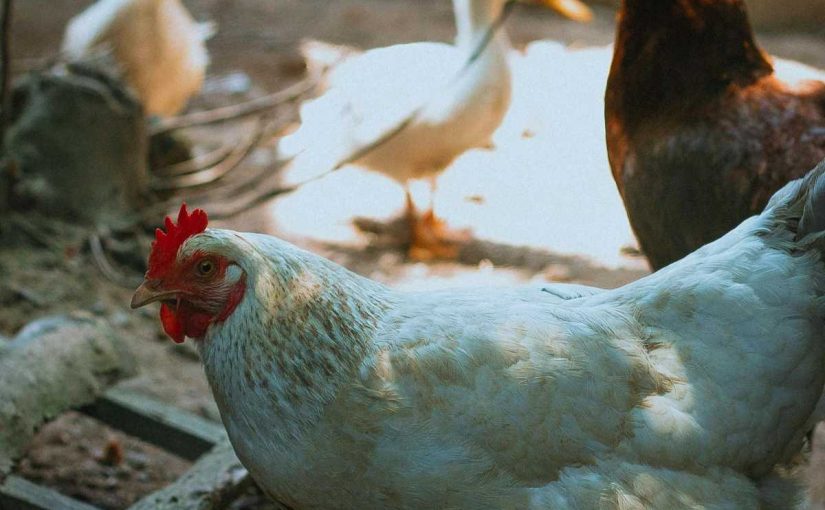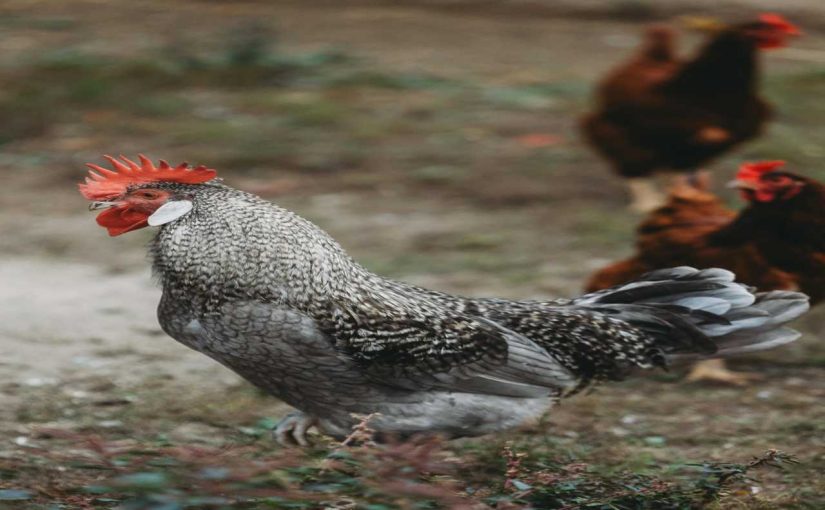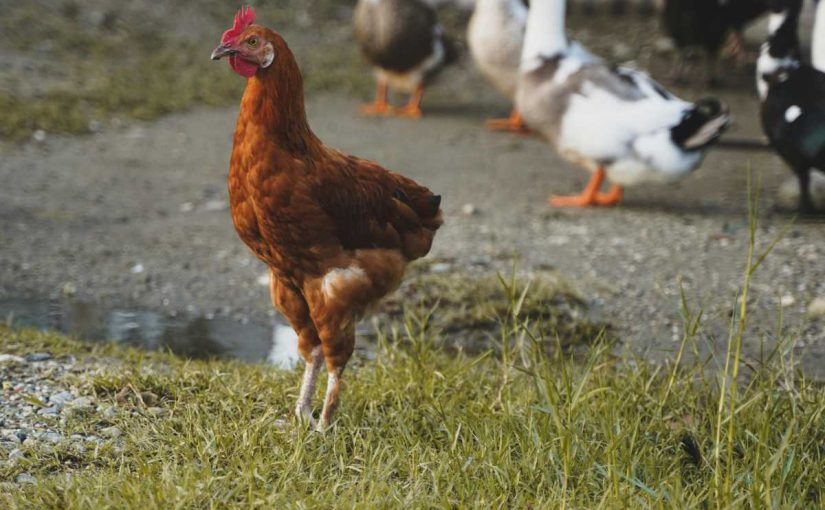Raising chickens can be a rewarding experience, especially when it comes to enjoying fresh eggs. However, if your flock isn’t producing as many eggs as you’d like, it may be time to assess and improve their environment and care. Below are expert tips for maximizing egg production in your chicken coop, ensuring your hens are healthy, happy, and productive.
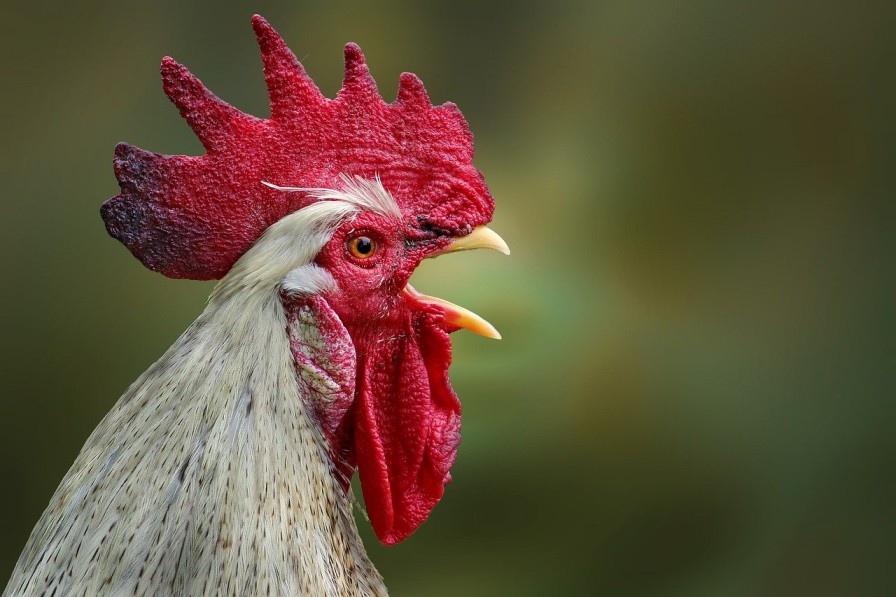
1. Choose the Right Breeds
Not all chicken breeds are created equal when it comes to egg production. Some breeds are prolific layers, while others are better suited for meat or ornamental purposes. To boost egg production, consider the following high-yielding breeds:
- Leghorn: Known for their exceptional laying capabilities, Leghorns can produce up to 300 eggs per year. Their active nature and high feed-to-egg conversion ratio make them ideal for egg production.
- Rhode Island Red: This hardy breed lays around 250-300 brown eggs annually and is known for its resilience. They adapt well to various environments and can withstand colder climates, making them a great choice for backyard farmers.
- Sussex: Sussex chickens are friendly and consistent layers, producing about 250 eggs per year. Their calm temperament also makes them excellent companions for families and pets.
- Australorp: Renowned for their laying ability, Australorps can also produce around 250 eggs annually. They are known for their friendly demeanor, making them suitable for mixed flocks.
Tip: When selecting breeds, consider dual-purpose varieties if you want both meat and eggs. Dual-purpose breeds can maximize your yield without requiring a larger space or more resources.
2. Ensure Optimal Nutrition
A well-balanced diet is crucial for boosting egg production. Hens require specific nutrients to lay eggs consistently. Here are some essential components of their diet:
- Protein: Provide a feed that contains at least 16-18% protein. High-protein options include layer feed or adding supplements like mealworms, sunflower seeds, or soybeans. Protein is essential for the development of the eggs and helps in muscle maintenance for active layers.
- Calcium: Calcium is essential for strong eggshells. Offer crushed oyster shells or limestone in a separate feeder for your hens to access as needed. Insufficient calcium can lead to soft-shelled eggs, which can be easily broken and negatively impact egg production.
- Fresh Water: Always ensure that your chickens have access to clean, fresh water. Dehydration can lead to reduced egg production. In hot weather, check their water supply frequently to prevent dehydration.
Tip: You can supplement their diet with kitchen scraps, greens, and fruits to add variety and nutrients. Chickens enjoy leafy greens, and giving them access to treats can also enhance their mood and overall health.
3. Maintain a Comfortable Environment

Chickens thrive in a comfortable and clean environment, which directly impacts their egg-laying abilities. Here are some ways to ensure their comfort:
- Temperature Control: Chickens are sensitive to extreme temperatures. Provide proper ventilation in the coop to keep it cool in summer and ensure adequate insulation during winter. Installing windows or vents can help regulate airflow.
- Cleanliness: Regularly clean the coop to prevent diseases and parasites. A clean environment reduces stress and promotes higher egg production. Use bedding materials like straw or wood shavings that can absorb moisture and waste, making cleanup easier.
- Lighting: Ensure that your hens receive sufficient light. Chickens need around 14-16 hours of light per day to stimulate egg production. In winter months, consider using artificial lighting to extend their daylight hours. A timer can help automate the lighting schedule.
Tip: Use LED lights, which are energy-efficient and can be placed on a timer for consistent lighting. Proper lighting can help regulate their circadian rhythm and promote consistent laying schedules.
4. Minimize Stress
Stress can significantly impact your hens’ ability to lay eggs. Here are some ways to create a stress-free environment:
- Socialization: Chickens are social creatures. Keep a consistent flock size to reduce stress from changes in hierarchy. Avoid introducing new birds too quickly, as this can lead to bullying and territorial disputes.
- Space: Ensure that your coop and run are spacious enough to prevent overcrowding. Overcrowded conditions can lead to stress and reduced egg production. A good rule of thumb is to provide at least 3-4 square feet of space per hen inside the coop and 8-10 square feet in the outdoor run.
- Predator Protection: Provide adequate security against predators to keep your chickens safe and reduce anxiety. Installing secure fencing, locks, and overhead protection can prevent attacks from raccoons, foxes, and hawks.
Tip: Observe your flock regularly for signs of stress, such as feather pecking, aggression, or reduced activity, and address any issues promptly. Stress management can be essential to maintaining a happy and productive flock.
5. Monitor Health Regularly
Regular health checks are essential for maintaining a productive flock. Here are some health monitoring tips:
- Vaccinations: Ensure your chickens are vaccinated against common diseases, such as Marek’s disease and Newcastle disease. Consult with a veterinarian for a vaccination schedule appropriate for your area.
- Parasite Control: Regularly check for and treat internal and external parasites, such as mites, lice, and worms. Infestations can lead to poor health and reduced egg production. Use natural remedies or consult a vet for appropriate treatments.
- Consult a Vet: If you notice a sudden drop in egg production or any signs of illness, consult a veterinarian for a thorough examination. Catching health issues early can prevent long-term problems.
Tip: Keep a health record for each hen to track vaccinations, treatments, and any health issues. This can help you identify patterns and improve overall flock management.
6. Provide Enrichment Activities
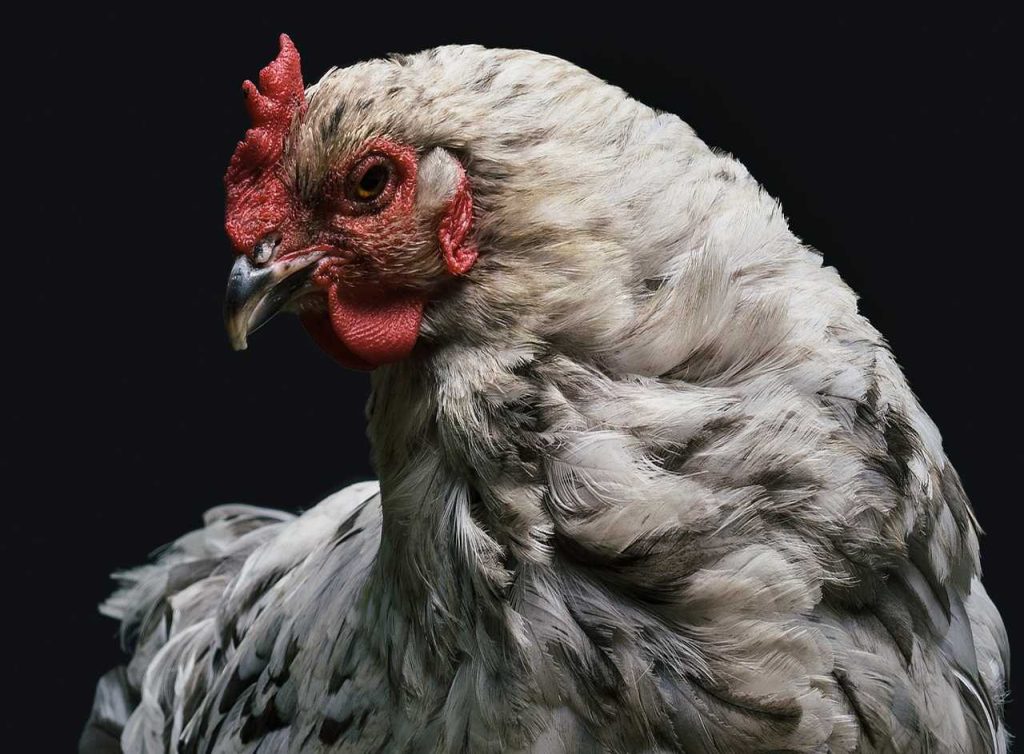
Boredom can lead to stress and reduced egg production in chickens. Enrich their environment with activities and items that stimulate their natural behaviors:
- Dust Baths: Provide a designated area for dust baths, which helps chickens keep their feathers clean and healthy. Dust bathing also aids in parasite control and improves overall well-being.
- Pecking Opportunities: Hang vegetables, such as cabbages or carrots, for your chickens to peck at, encouraging natural foraging behavior. You can also scatter grains or treats in their run to promote foraging.
- Perches and Nesting Boxes: Ensure that your coop has adequate perches and comfortable nesting boxes to promote natural laying behavior. Nesting boxes should be placed in a quiet, dark area to provide a sense of security for laying hens.
Tip: Rotate enrichment items regularly to keep the environment engaging for your hens. Introducing new items can spark their curiosity and encourage physical activity.
Conclusion
Boosting egg production in your chicken coop requires a combination of proper breed selection, optimal nutrition, a comfortable environment, stress management, regular health monitoring, and enrichment activities. By implementing these expert tips, you can create a thriving atmosphere for your hens that promotes consistent and healthy egg-laying.
With a little effort and attention, you’ll enjoy the fruits of your labor with a steady supply of fresh eggs from your happy flock. Raising chickens is not just about productivity; it’s also about creating a loving environment where your hens can thrive. Happy chicken keeping!

